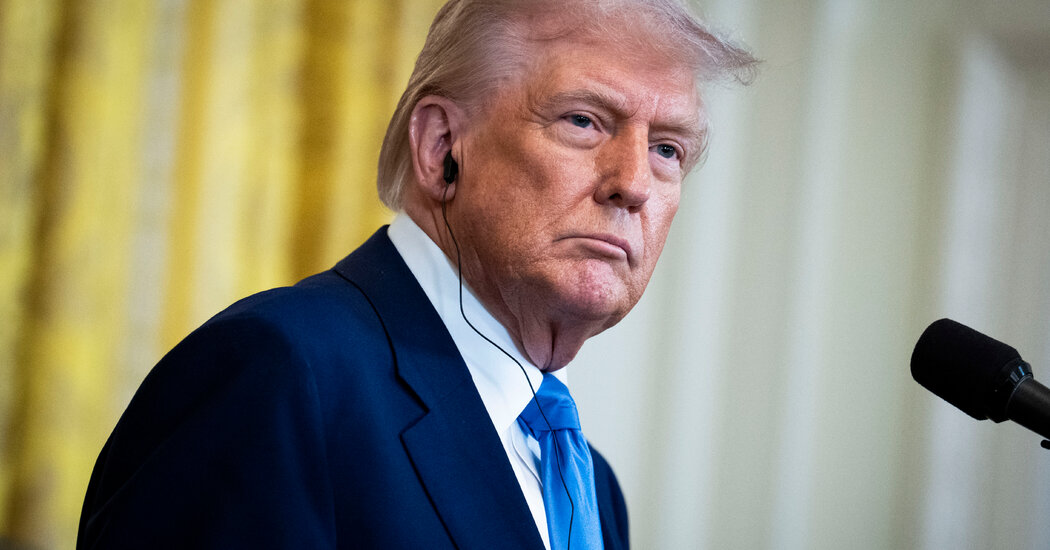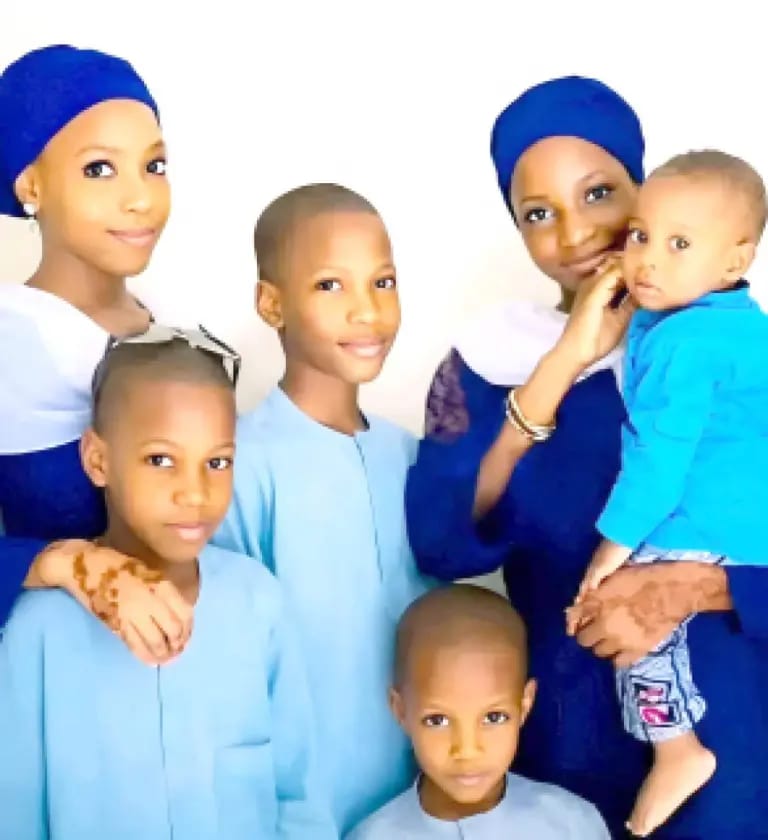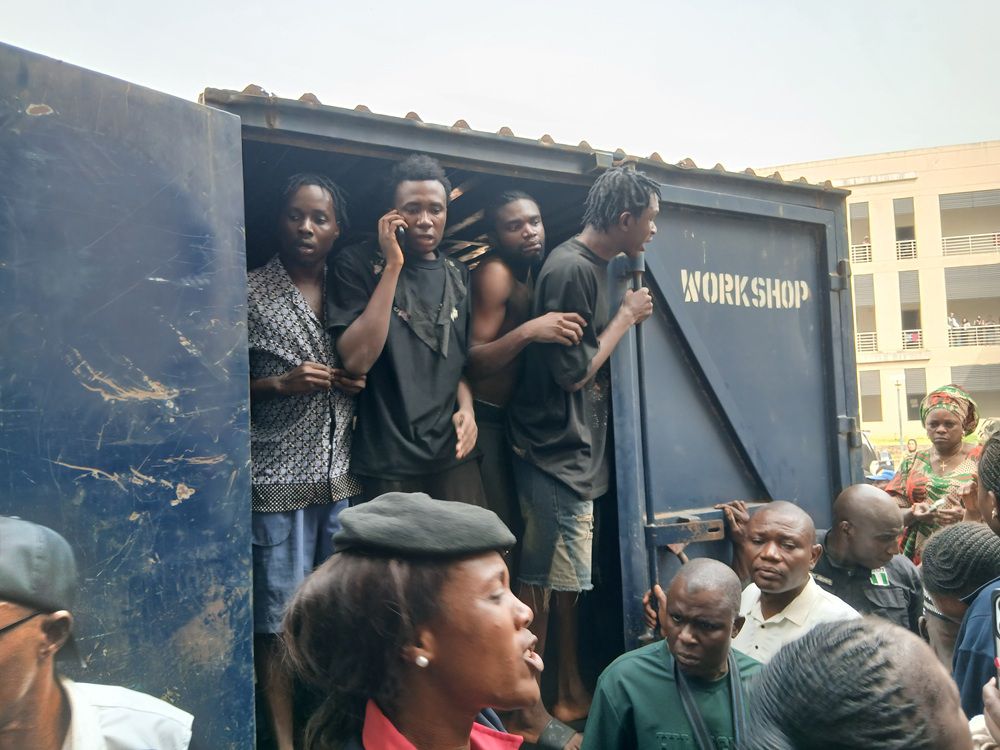The United States is once again tightening its immigration procedures, and Nigerians are among those expected to feel the impact. Former U.S. President Donald Trump has reinstated tougher visa regulations that affect non-immigrant visa applicants from several countries, including Nigeria. The updated policy is expected to influence the adjudication of tourist, student, work, and other temporary stay visa applications.
This development has sparked widespread reactions, particularly among Nigerians who have long viewed the U.S. as a key destination for education, business opportunities, tourism, and relocation.
What The New Policy Means
The reinstated visa policy places stronger emphasis on what is referred to as the “public charge” assessment. This means U.S. consular officers now have broader authority to deny visa applications if they believe the applicant may become financially dependent on government assistance after entering the United States.
Under the revised rules, the scrutiny will go beyond just financial documents. Consular officers will also assess:
- Age and health condition of the applicant
- Financial stability and source of sponsorship
- English language proficiency
- Employment records or business ownership
- Family ties and support system in the U.S.
- History of government benefit usage in any country
This gives visa officers more subjective discretion to decide whether a person may pose a financial burden on the U.S. government.
Why Nigerians Are Impacted
Nigeria has traditionally been one of the countries with the highest numbers of U.S. visa applicants in Africa, especially among students, business travelers, healthcare workers, and families seeking tourism or reunification.
However, past immigration statistics show:
- A high rate of overstayed visas by some Nigerian travelers
- Growing numbers of Nigerians applying for asylum or refugee status after entering the U.S.
- Increasing migration trends often tied to economic hardship at home
These patterns are reportedly part of why Nigeria appears prominently in enforcement discussions when U.S. visa policies shift.
Public Reactions and Concerns
The announcement has triggered concerns among prospective travelers, especially students preparing for academic programs in the United States, and business professionals who frequently attend conferences or trade opportunities.
Some Nigerians fear:
- Possible increase in visa denial rates
- Stricter interview questioning
- Requests for more comprehensive financial evidence
- Longer waiting periods and delayed application processing
Despite these concerns, U.S. officials have emphasized that the rule does not automatically disqualify any applicant. Instead, it allows the government to enforce more rigorous vetting to determine whether an individual can remain financially independent while in the U.S.
What Applicants Can Do To Improve Their Chances
Travel experts and immigration analysts recommend:
- Presenting strong financial evidence, including bank statements, business registrations, scholarship awards, or sponsor proof.
- Showing clear travel purpose backed with documents such as admission letters, business invitations, conference passes, or tourism plans.
- Demonstrating ties to Nigeria, such as stable employment, active business operations, family responsibilities, or property ownership.
- Avoiding inconsistent or exaggerated statements during visa interviews.
These factors may help applicants appear as low-risk travelers who are likely to return home after their visit.
Broader Immigration Context
The reinstated policy reflects the Trump administration’s long-standing stance on reducing immigration and ensuring that only individuals who can support themselves financially enter the United States. It marks a shift away from the more relaxed approach applied under the previous government and aligns with the broader agenda of tightening borders and limiting public expenditure on foreign nationals.
Final Outlook
The policy change is expected to shape U.S. visa decisions in the coming months, particularly for Nigerians and others seeking temporary residence in America. While it does not ban Nigerians from traveling, it introduces higher scrutiny that requires applicants to be more prepared, financially transparent, and consistent in demonstrating strong personal ties and purpose.
As Nigerians continue to seek global opportunities, many are now closely watching how the policy will play out at U.S. consulates in Lagos and Abuja in the weeks ahead.



